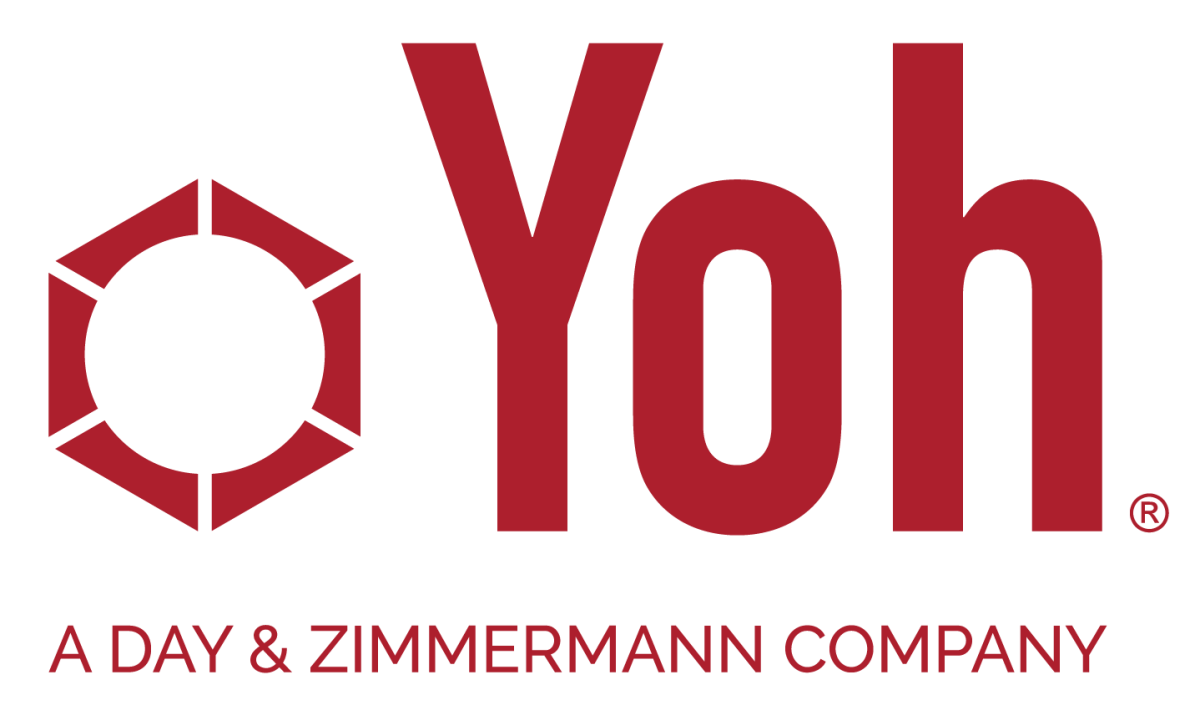New ADL study finds American Jews are facing rising discrimination applying for jobs

Jewish Americans and Israeli Americans have a significantly harder time getting a first response from an employer when applying to jobs, according to new research published on Wednesday by the Anti-Defamation League.
The report highlighted that since the Oct. 7 terror attacks in Israel Jews in America may be missing out on job opportunities “just because of their identity.”
The study involved a field experiment independently conducted by Bryan Tomlin, a leading labor economist, who applied via Craigslist.org for 3,000 administrative assistant job postings between May 2024 and October 2024 using resumés that were identical except for certain characteristics specific to Jewish identity — including a “female sounding” name that signals if the applicants were Jewish American (Rebecca Cohen), Israeli Americans (Lia Avraham) or American with Western European backgrounds (Kriste Miller).
Tomlin found substantial discrimination, with Jewish American job candidates needing to send 24% more applications to receive the same number of positive first responses from prospective employers as Americans with Western European backgrounds when applying to the same role; Israeli Americans — who were clearly marked as American citizens in the study — needed to send 39% more applications.
“This study shows that Jewish and Israeli Americans may be missing out on job opportunities just because of their identity, not their qualifications, and it provides a start toward quantifying some of these more subtle but still harmful symptoms of antisemitism,” Tomlin said in a statement. “Without the benefit of a study of this kind, it is difficult, if not impossible, to prove adverse treatment in the labor market based on one’s religion or cultural identity.”
The results of the labor study appear to track with anecdotal evidence from other areas of American life, such as the publishing world and the mental health field, suggesting that Jews are facing widespread antisemitism.
While the study overall depicted negative treatment across the U.S., results varied by U.S. city, with Israeli Americans faring worse across all markets other than New York City and Philadelphia.
Matt Williams, vice president of the Center for Antisemitism Research at the ADL, told Jewish Insider that the research was based on an increase of anecdotal labor discrimination that has been reported to the ADL. “We had heard that there were people who had been in limbo, unable to make it past the first round of interviewers,” he said. “It’s a brutal job market right now, and part of our hypothesis [looked at that]… but what we’ve just found is evidence of system-wide discrimination.”
The results were a sharp contrast from a study conducted in 2014, on the heels of a decade-long downward slide in antisemitism in America. Research a decade ago from the University of Connecticut that looked at the American South found that “Jewish applicants received significantly higher employer preference rates” than applicants of all other religions.
“In many ways, my job is to try to figure out how to get us back to 2014,” Williams told JI. “It’s been a long evolution and a lot of Americans have a negative perception of Jews and their proximity to power… as we see younger Americans start to take managerial positions and have more power over employment, that’s the sort of thing we are starting to see color the labor market.”
“This is groundbreaking evidence of serious antisemitic discrimination in the labor market,”
ADL CEO Jonathan Greenblatt said in a statement on the new study. Greenblatt urged employers “to take anti-Jewish and anti-Israeli prejudice more seriously to have a workplace that works for everyone.”
The good news, Williams said, is that labor discrimination is solvable to some extent. “Employment discrimination is both a signal of a larger set of problems, and also something we have the remedies, legally, to address. We have a set of tools that we don’t have to develop to deploy, which is huge because when you’re talking about changing public opinion or conspiracy theory belief, those tools are much harder to develop. Employment discrimination, we’ve got tons of state and federal rules and regulations,” Williams said.
The research did not dig into specific industries where antisemitism may be more or less prevalent. “That’s absolutely a future study,” Williams said, adding that a more extensive look into the impact of geography, as well as beginning to explore antisemitism in the housing market, will follow.
Related
SURVEY: 45% of American Workers May Be Experiencing Job Burnout…
Yoh Nearly Half of Employed Americans Report Experiencing Contributor(s) to Burnout in Past Year Without Admitting to Overt Burnout; One-third of Emplo
Gold steady; all eyes on U.S. jobs data, Fed Chair’s…
Gold U.S. dollar bullion coins are seen in this photo illustration taken in Moscow, Russia August 4, 2017.Maxim Shemetov | ReutersGold prices steadied on Wedne
Marietta College’s Chance Knight named first team All-American
Marietta College’s Chance Knight (55) makes a tackle during a game against Capital at Don Drumm Stadium. (P
A strong jobs report this week will boost the ‘American…
"American exceptionalism" has gripped markets since Trump's election win, pushing the S&P 500 and the dollar higher.Bank









